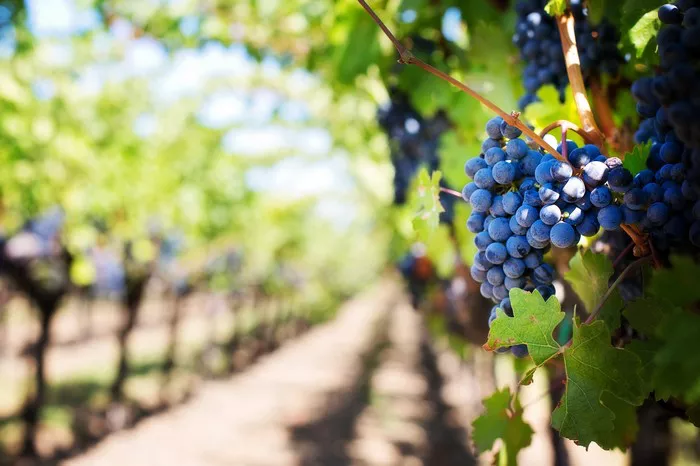Italy experienced a significant setback in agricultural output in 2023, primarily attributed to Europe’s hottest summer in 2,000 years. According to the national statistics bureau, Italian farms reported a 3.9% decrease in overall production, with specific declines of 11.1% in vines, fruits, and olives.
The wine industry, crucial to Italy’s agricultural sector, bore the brunt of these adverse conditions, witnessing a stark 17% reduction in production due to prolonged high temperatures extending into autumn, exacerbated by hail storms in many vineyard regions.
“The year’s agricultural trends were profoundly impacted by extreme weather events at various stages, significantly affecting key crops,” stated the bureau’s report.
Looking ahead to 2024, southern Italy, Sicily, and Sardinia are grappling with severe drought conditions, posing additional threats to crops and livestock, as noted by the agricultural organization Coldiretti.
Italy’s recent decision to vote against an EU policy requiring member states to restore nature on a fifth of their land and sea by 2030 underscores ongoing tensions surrounding environmental regulations. Despite Italy’s dissent, the policy was adopted by the EU, with implications for managing vineyards and agricultural lands across Europe.
Critics have argued against the policy, citing concerns over over-regulation and financial feasibility, while proponents assert that it aligns with international environmental commitments and aims to rejuvenate Europe’s natural habitats.
The passage of the legislation mandates member states to formulate and implement national restoration plans, with a scheduled review in 2033 to assess progress and impacts.
Despite governmental objections, a Savanta survey revealed strong support among Italian citizens, with 85% in favor of the Nature Restoration law, highlighting public concern for environmental conservation amidst agricultural challenges.


